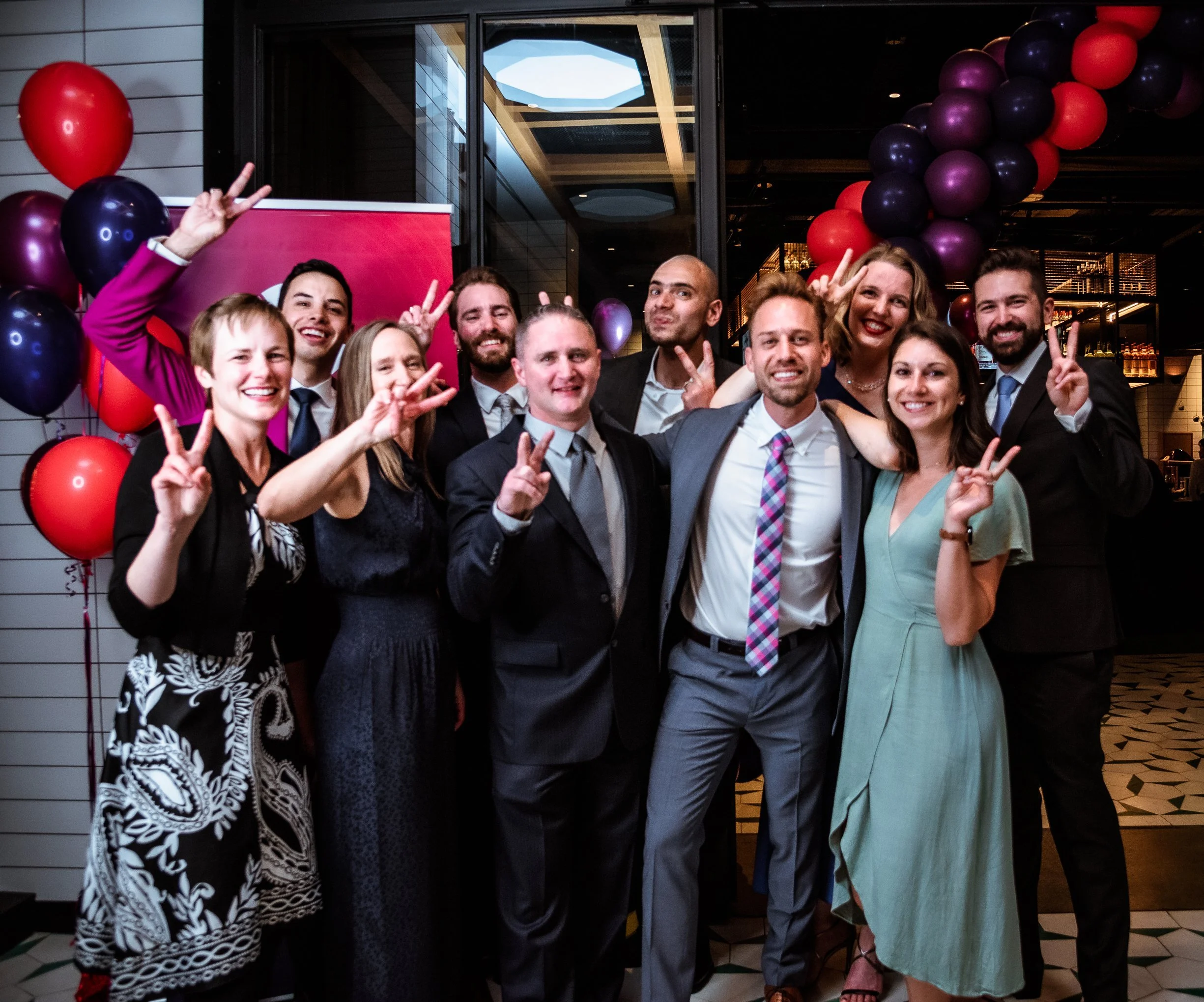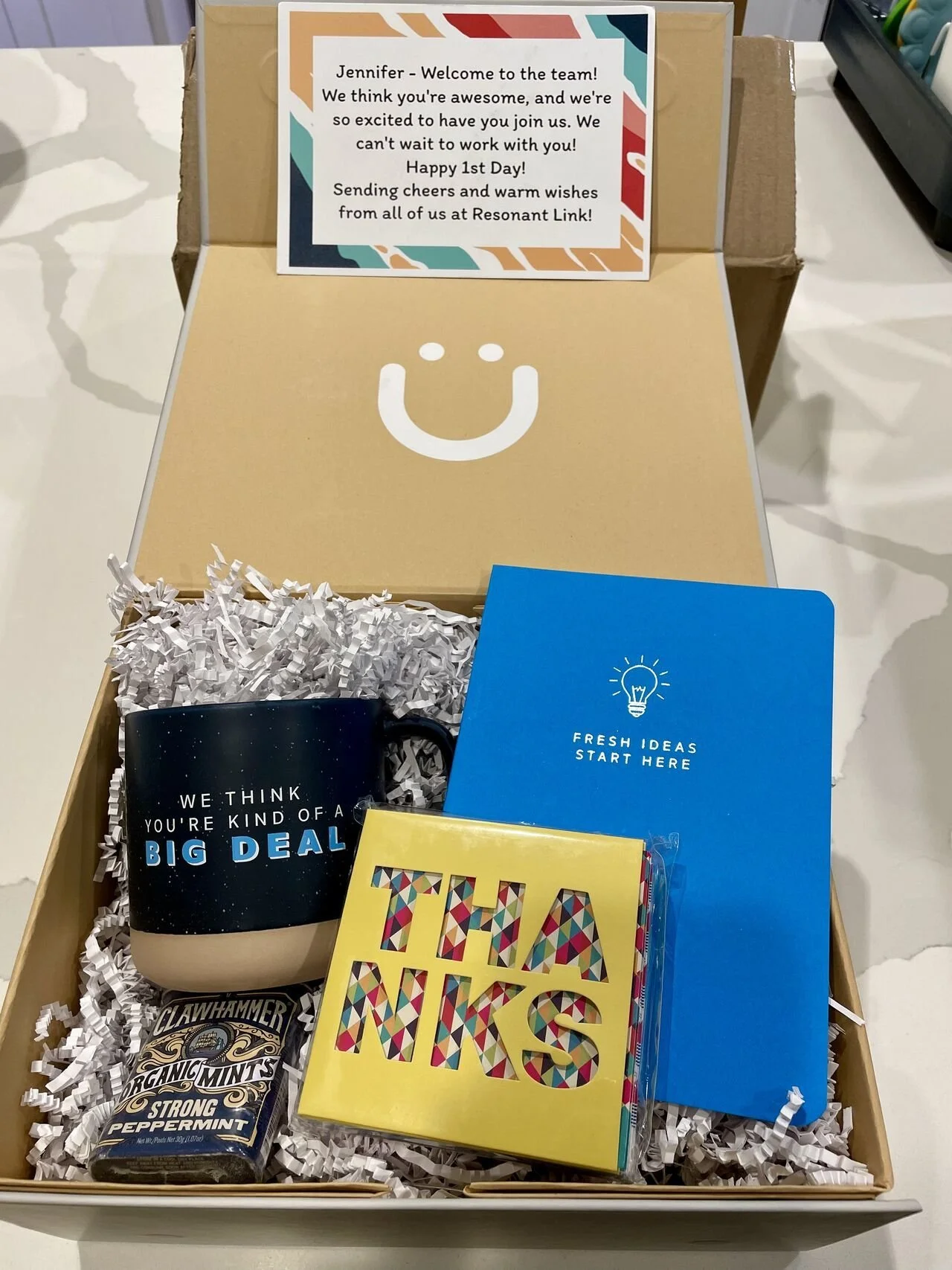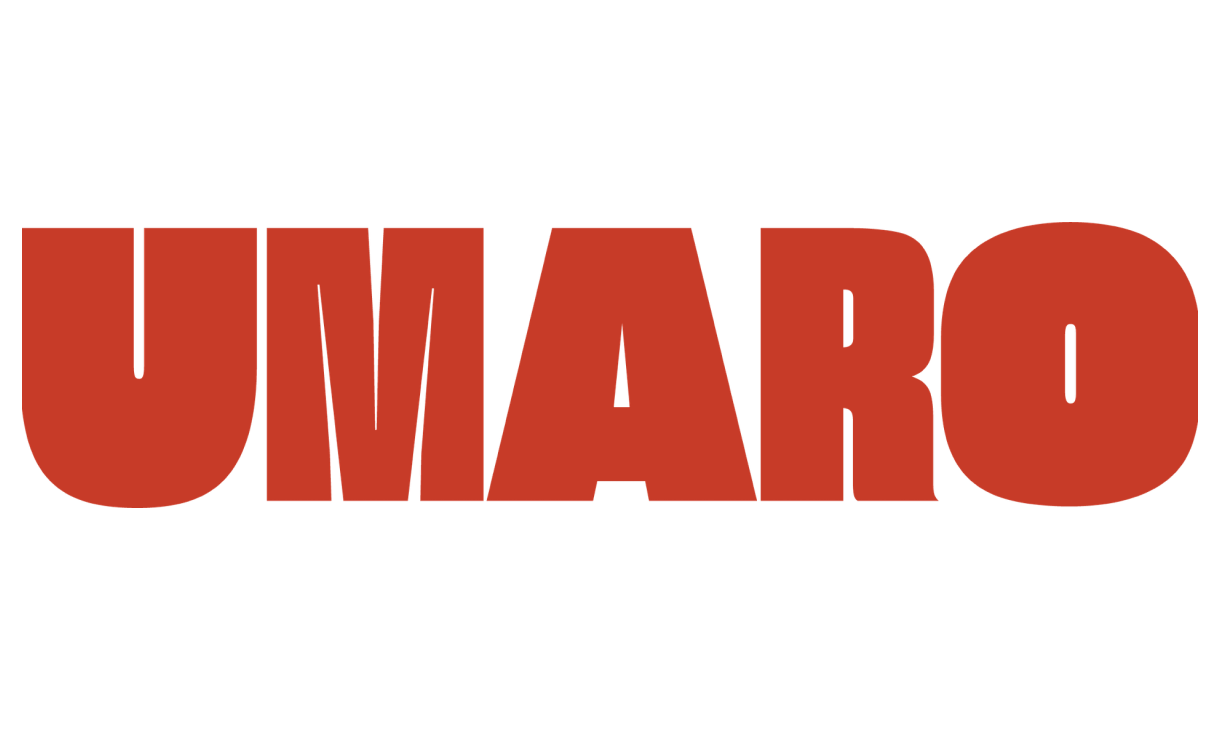Activate 2020 Fellows on Cultivating and Nurturing Company Culture
July 13, 2022
Strong workplace culture is essential for teamwork and employee retention—and for Activate Fellows, unlocking great ideas and solving big problems. Following our recent Activate Summit, which spotlighted the power of the community and culture we’re building at Activate, we asked three freshly-minted alumni what they’ve gleaned about culture-building as Activate Fellows.
While they work in three very distinct industries and their current number of employees range widely—from four to forty—all three fellows are exceptionally focused on fostering work environments that can empower, connect, and support team members to do their best work and grow in their roles.
What have you learned through the fellowship about hiring and company culture?

Amanda Stiles, UMARO Foods
Amanda Stiles, CTO, UMARO Foods: I've learned how vitally important culture is. Culture will exist even if you don't intentionally set it, so a leader should be thoughtful in building a good culture.
Grayson Zulauf, CEO, Resonant Link: The importance of building a strong organizational culture, with a focus on diversity, equity, inclusion, and belonging (DEIB), from day one. It's never too early to start intentionally building these practices into everything the company does, and by doing so, you can create incredibly positive ripple effects across the entire organization—ripple effects that enable the company to better deliver on its mission and create an environment that employees want to be a part of long-term.
Cheri Ackerman, CEO, Concerto Biosciences: I had heard from another Activate Fellow, also a CEO, that he prioritized one-on-ones as his company grew, so that he had face time with every single person in the company—up to a certain size. That's something that I decided to do as soon as we had employees. It has allowed me to form strong relationships with all the different people who work in the company, and to flag issues early on.

The Concerto Biosciences team celebrates the company’s second anniversary.
And a hiring bootcamp by Andrew Deitz was really useful in helping me think about the story arc of a hiring process. It helped me consider how to communicate with candidates so they feel cared for and invested in, and so they move through the process in a way that feels cohesive and intentional to them. One of the ways we put this into action at Concerto is to make sure that every candidate who interacts with us gets an answer from us, even if the answer is no.
What does workplace culture mean to you? How are you approaching the process of building and nurturing it at your startup?

A welcome gift for a new staff member joining the Resonant Link team.
Zulauf: Workplace culture is critical to the company’s success. Developing a positive, engaged team culture requires a high level of intentionality, but it’s an investment that pays off significantly—especially when working with a distributed team. Knowing this, we made the decision to hire a head of people early on because we wanted to ensure we had someone fully dedicated to helping us build out that culture. As a company, we have several key “North Star” goals, specifically targeted around team engagement and employee development, and each quarter, we’re continuing to evolve our culture based on employee feedback and needs. We’ve also implemented ongoing weekly management training sessions for our managers, which have enabled our people leaders to further their own team culture-building skills.
“Developing a positive, engaged team culture requires a high level of intentionality, but it’s an investment that pays off significantly... ”
Ackerman: Our company culture arises from values that we set. We have four core values that we organize our culture around: 1) grow by experimenting, 2) work rigorously, 3) listen intently, and 4) act with compassion. What we do as a company is we build groups of microbes that do useful things for people. How we do that is defined by these four things.
“Culture will exist even if you don’t intentionally set it, so a leader should be thoughtful in building a good culture. ”
What are your thoughts on building an inclusive team and what metrics, in terms of inclusion, are most important to you?
%201.png)
Grayson Zulauf, Resonant Link
Zulauf: It’s essential. As a company, we approach our diversity, equity, inclusion, and belonging, or DEIB, work through three interconnected lenses: organizational work, which focuses on building inclusive systems, processes, and policies; interpersonal work, which focuses on how team members interact and collaborate; and individual work, which focuses on how individual team members can further their own learning and development around DEIB. As an organization, we’re invested in our growth in each area, and we’re consistently evaluating our progress through a variety of metrics, including team engagement survey data, promotion data, and hiring and onboarding data.

Cheri Ackerman, Concerto Biosciences
Ackerman: I think it's super important for people to feel at home in the space where they work. The more that we can make people feel safe, the more creative and adventurous we can be as a team. One practice we have is getting the entire company together every month to talk about a topic related to culture. Having these intentional conversations and forming a shared vocabulary are part of what makes an inclusive environment.
Another practice is our approach to feedback. We work a lot on real-time feedback—making sure that if someone has a concern, or something they want to celebrate, that they can share it in real-time. We also give regular feedback every three to six months across the entire team. We use feedback as a way of giving people data so that they can make more informed choices, and so they are aware if their actions are helping people feel at home or are making people feel more alienated or left out.
“The more that we can make people feel safe, the more creative and adventurous we can be as a team. ”
Learn More
Concerto Biosciences discovers microbial ensembles to address urgent global challenges across healthcare and agriculture.
Careers

Cheri Ackerman is an experienced leader of scientific innovation with a unique mix of scientific expertise and project management. A winner of the Emerging Women Founder Award, Ackerman co-founded Concerto Biosciences, successfully spinning it out of MIT by raising an oversubscribed seed investment round. Ackerman’s leadership transcends fundraising: She has built a strong company culture centered around rigorous science, intent listening, and compassion. She holds a Ph.D. in chemistry from UC Berkeley (Hertz Fellow), where she worked with Professor Chris Chang to measure and manipulate copper in biological systems.

Resonant Link delivers wireless power for mission-critical applications like medical devices, smartphones, and electric vehicles.
Careers
Grayson Zulauf is co-founder and CEO of Resonant Link, a company building the world’s highest performance wireless chargers. He received his Ph.D. in electrical engineering at Stanford University with a focus on wide-bandgap semiconductors for next-generation power electronics, and received the Stanford Graduate, National Science Foundation Graduate Research, and ThinkSwiss Research fellowships. Previously, Zulauf was the first product manager at Motiv Power Systems and received B.A. and B.Eng. degrees from Dartmouth College.

UMARO Foods is making seaweed protein the most abundant, accessible, and affordable protein source on earth.
Careers
Amanda Stiles is a plant biochemist with a mission to transform our food production towards plant based protein and away from factory farmed animals. Prior to UMARO Foods, she led the research team at Ripple Foods, a plant-based dairy startup, where she developed and patented the process for making Ripptein, a highly purified pea protein. Stiles has a Ph.D. in plant molecular biology from Virginia Tech, where she also earned her B.S. in biology.
